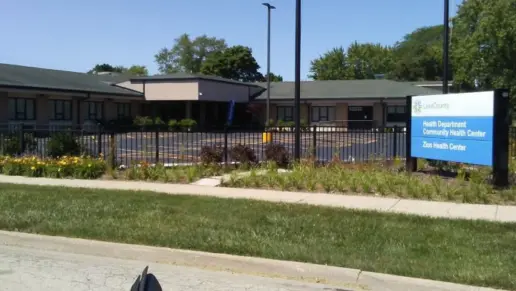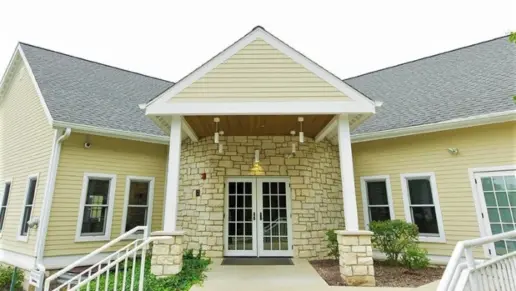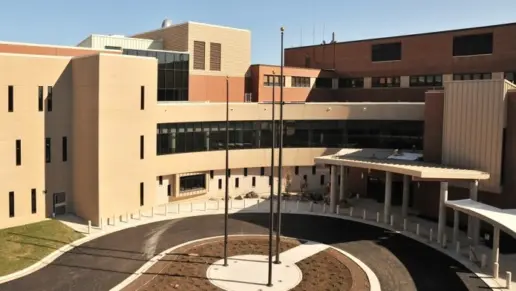About Rosecrance Dakota Clinic
Rosecrance Dakota Clinic in Crystal Lake, Illinois offers outpatient mental health and substance use treatment services. This program serves children, teens and adults in McHenry County and surrounding communities. They may also address co-occurring conditions for individuals struggling with both addictive behavior and mental illness. Their primary level of care is intensive outpatient programming or IOP. This can be beneficial if you’re stepping down from inpatient rehab or require more support than general outpatient care.
The individualized treatment for this program involves group and individual counseling, educational sessions, special topic groups and relapse prevention planning. The group sessions incorporate clinically proven therapeutic models like dialectical behavioral therapy (DBT) and cognitive behavioral therapy (CBT) that fuel emotional regulation. The goal is to equip you with the tools to tackle negative emotions fueling your behavioral challenges including addictive behavior.
In addition, you’ll build sound coping and relapse prevention mechanisms through life skils training. This program is relatively structured and involves more intense therapy than general outpatient therapy. You can expect to participate in up to nine hours of group sessions weekly for 10 weeks. There’s a stepdown option that meets for about five hours weekly for four weeks followed by individualized continuing care. Additional education is provided in this option to prevent substance use, avoid triggers and build connections in recovery. You’ll also learn about and attend 12 step meetings.
The beautiful thing about their IOP is that you’ll receive treatment while maintaining your work or normal daily routine. The program may also incorporate medication assisted treatment (MAT) as a core aspect of its clinically proven model. This technique is especially effective in addressing addiction to opioids, alcohol and stimulants. It combines FDA approved medicines with counseling and other support services that foster lasting recovery.
Medications used by Rosecrance for this purpose include buprenorphine-based medicine, Vivitrol, Campral and Anatabuse. These medicines minimize withdrawal symptoms and curb cravings. They allow you to participate in individual and group counseling more effectively. These integrated approaches address the psychological and physical aspects of addiction. The facility may even offer MAT as a standalone therapy.
Their IOP also involves psychiatric care such as psychiatric assessment and medication management to support clients with co-occurring conditions. Additional outpatient services in this facility are behavioral health screening, crisis intervention and case management services. Their Youth Community Support Team uses a team based approach to deliver tailored and intensive therapeutic service. This includes connecting families to community services, teaching everyday life skills and providing psychoeducation. This community focused program serves children aged six to eight.
Latest Reviews
Rehab Score
Gallery
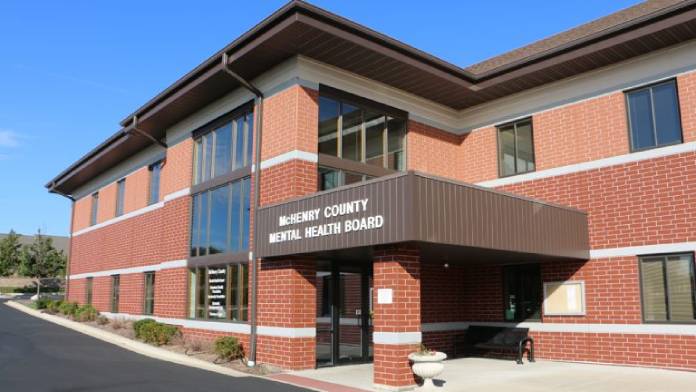
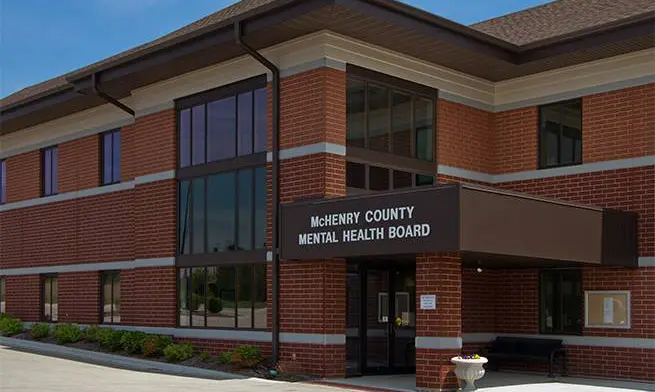
Location
Accepted Insurance








Other Forms of Payment
Private insurance refers to any kind of healthcare coverage that isn't from the state or federal government. This includes individual and family plans offered by an employer or purchased from the Insurance Marketplace. Every plan will have different requirements and out of pocket costs so be sure to get the full details before you start treatment.
Self-pay involves paying for treatment out of your own pocket. You can use savings or credit, get a personal loan, or receive help from family and friends to fund your treatment. If you don't have insurance or your insurance plan doesn't cover a specific program, self-pay can help ensure you still get the care you need.
Financial aid can take many forms. Centers may have grants or scholarships available to clients who meet eligibility requirements. Programs that receive SAMHSA grants may have financial aid available for those who need treatment as well. Grants and scholarships can help you pai for treatment without having to repay.
Sliding scale payments are based on a client's income and family size. The goal is to make treatment affordable to everyone. By taking these factors into account, addiction recovery care providers help ensure that your treatment does not become a financial burden to you or your family, eliminating one barrier to care.
Medicare is a federal program that provides health insurance for those 65 and older. It also serves people under 65 with chronic and disabling health challenges. To use Medicare for addiction treatment you need to find a program that accepts Medicare and is in network with your plan. Out of pocket costs and preauthorization requirements vary, so always check with your provider.
Military members, veterans, and eligible dependents have access to specific insurance programs that help them get the care they need. TRICARE and VA insurance can help you access low cost or no cost addiction and mental health treatment. Programs that accept military insurance often have targeted treatment focused on the unique challenges military members, veterans, and their families face.
Medicaid is a state based program that helps lower-income individuals and families pay for healthcare. Medicaid covers addiction treatment so those enrolled can use their coverage to pay for rehab. When a program accepts Medicaid the client often pays very little or nothing out of their own pocket.
Addiction Treatments
Levels of Care
Treatments
The goal of treatment for alcoholism is abstinence. Those with poor social support, poor motivation, or psychiatric disorders tend to relapse within a few years of treatment. For these people, success is measured by longer periods of abstinence, reduced use of alcohol, better health, and improved social functioning. Recovery and Maintenance are usually based on 12 step programs and AA meetings.
Drug rehab in Illinois is designed to help people recover from addiction to a number of substances. The length of each program and its intensity tend to vary, and the plan of care is based on your individual needs.
Many of those suffering from addiction also suffer from mental or emotional illnesses like schizophrenia, bipolar disorder, depression, or anxiety disorders. Rehab and other substance abuse facilities treating those with a dual diagnosis or co-occurring disorder administer psychiatric treatment to address the person's mental health issue in addition to drug and alcohol rehabilitation.
A combined mental health and substance abuse rehab has the staff and resources available to handle individuals with both mental health and substance abuse issues. It can be challenging to determine where a specific symptom stems from (a mental health issue or an issue related to substance abuse), so mental health and substance abuse professionals are helpful in detangling symptoms and keeping treatment on track.
Opioid rehabs specialize in supporting those recovering from opioid addiction. They treat those suffering from addiction to illegal opioids like heroin, as well as prescription drugs like oxycodone. These centers typically combine both physical as well as mental and emotional support to help stop addiction. Physical support often includes medical detox and subsequent medical support (including medication), and mental support includes in-depth therapy to address the underlying causes of addiction.
Programs


Clinical Services
Dialectical Behavior Therapy (DBT) is a modified form of Cognitive Behavioral Therapy (CBT), a treatment designed to help people understand and ultimately affect the relationship between their thoughts, feelings, and behaviors. DBT is often used for individuals who struggle with self-harm behaviors, such as self-mutilation (cutting) and suicidal thoughts, urges, or attempts. It has been proven clinically effective for those who struggle with out-of-control emotions and mental health illnesses like Borderline Personality Disorder.
Group therapy is any therapeutic work that happens in a group (not one-on-one). There are a number of different group therapy modalities, including support groups, experiential therapy, psycho-education, and more. Group therapy involves treatment as well as processing interaction between group members.
In individual therapy, a patient meets one-on-one with a trained psychologist or counselor. Therapy is a pivotal part of effective substance abuse treatment, as it often covers root causes of addiction, including challenges faced by the patient in their social, family, and work/school life.
Trauma therapy addresses traumatic incidents from a client's past that are likely affecting their present-day experience. Trauma is often one of the primary triggers and potential causes of addiction, and can stem from child sexual abuse, domestic violence, having a parent with a mental illness, losing one or both parents at a young age, teenage or adult sexual assault, or any number of other factors. The purpose of trauma therapy is to allow a patient to process trauma and move through and past it, with the help of trained and compassionate mental health professionals.
During couples therapy in Illinois, you may work on a variety of relationship challenges. Couples therapy can address topics such as finances, children, health, addiction, intimacy, external stressors, and family relationships. You'll develop tools to address these types of challenges in healthy ways.
Research clearly demonstrates that recovery is far more successful and sustainable when loved ones like family members participate in rehab and substance abuse treatment. Genetic factors may be at play when it comes to drug and alcohol addiction, as well as mental health issues. Family dynamics often play a critical role in addiction triggers, and if properly educated, family members can be a strong source of support when it comes to rehabilitation.
Life skills trainings involve all the skills a person must have in order to function successfully in the world. These include time management, career guidance, money management, and effective communication. Truly successful addiction recovery is based on the ability to not only live substance-free, but to thrive. Life skills teaches the practical necessities of functioning in society, which sets clients up for success in life, and therefore sobriety.
Amenities
-
Private Setting
Staff & Accreditations
Staff
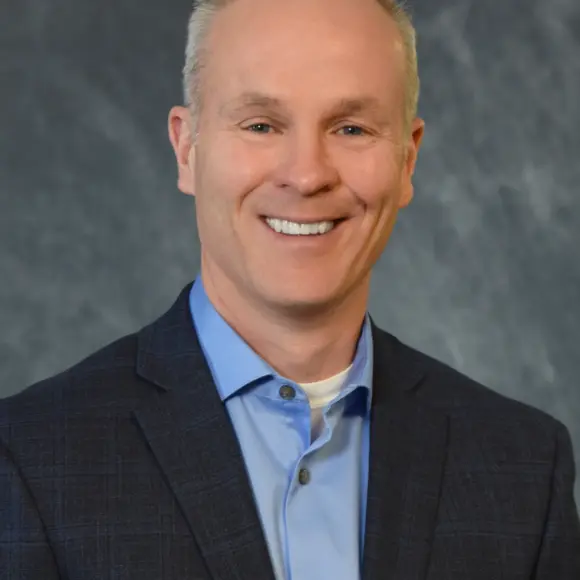
President & Chief Executive Officer
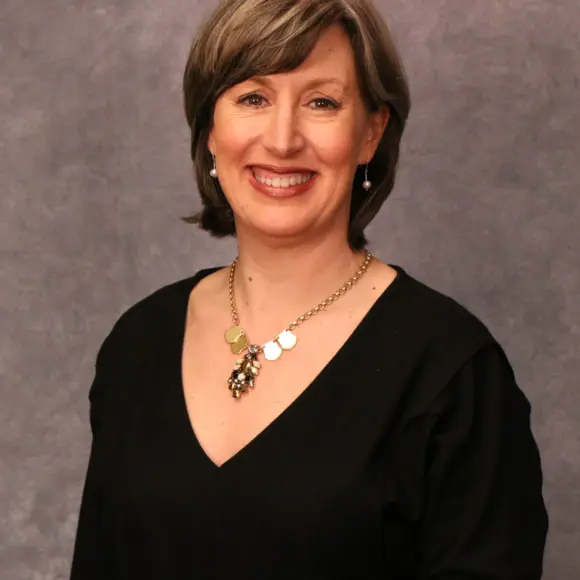
Senior Vice President of Brand Strategy
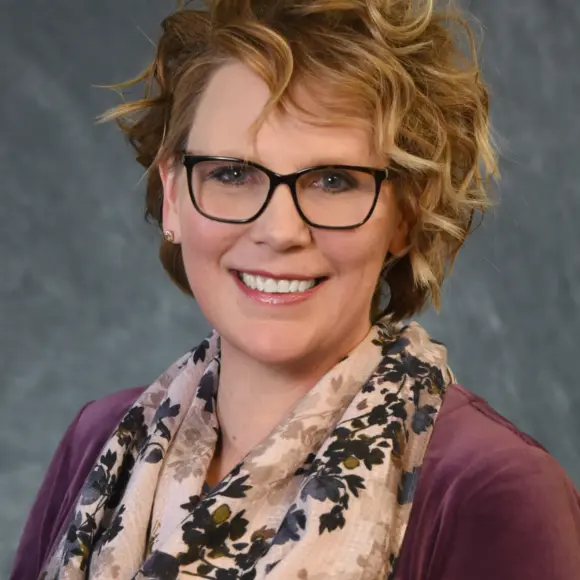
Chief of Clinical Operations
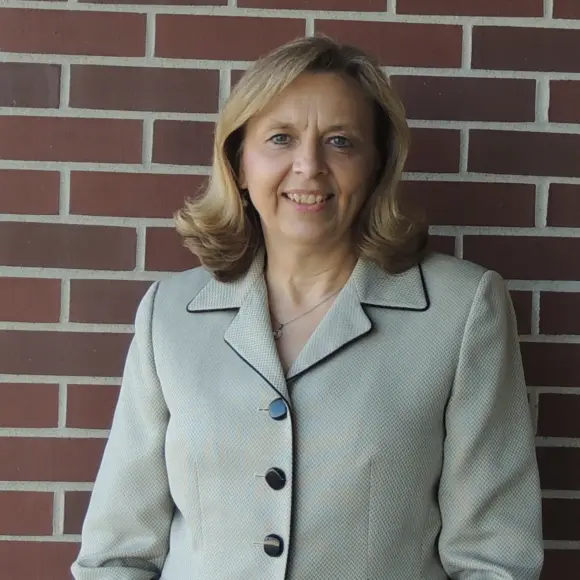
Regional President of Rosecrance Iowa
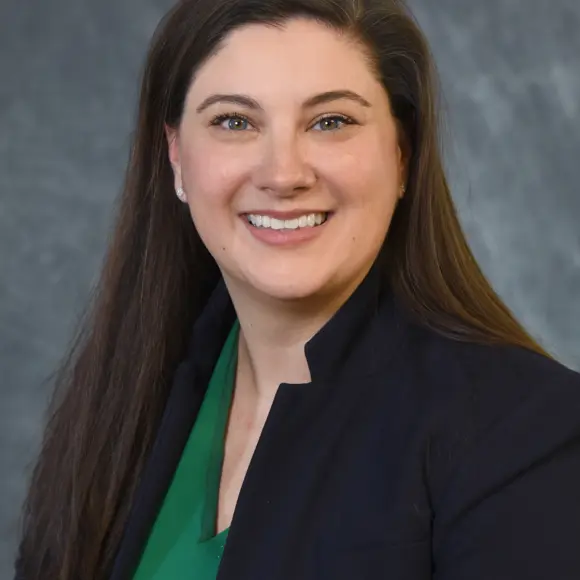
Chief of Staff & General Counsel
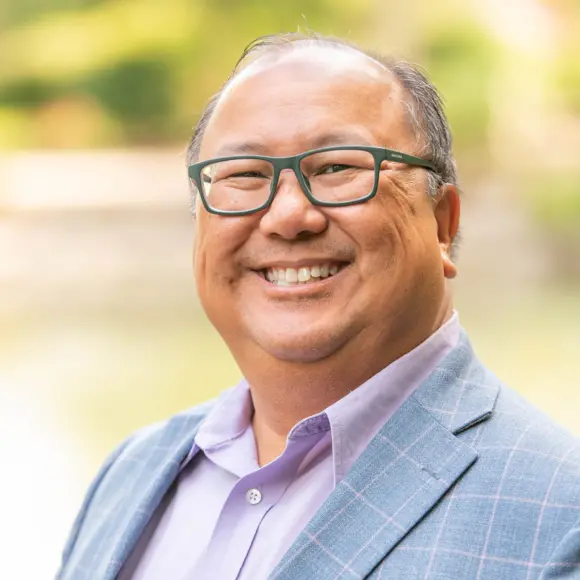
Chief Medical Officer for Addictionologist
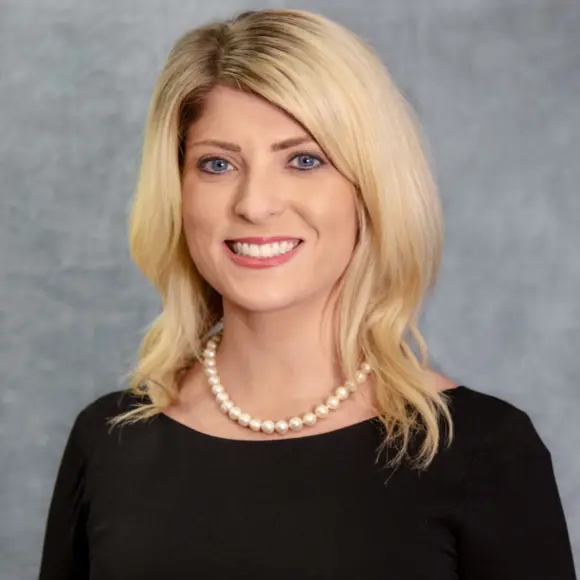
Chief Human Resources Officer
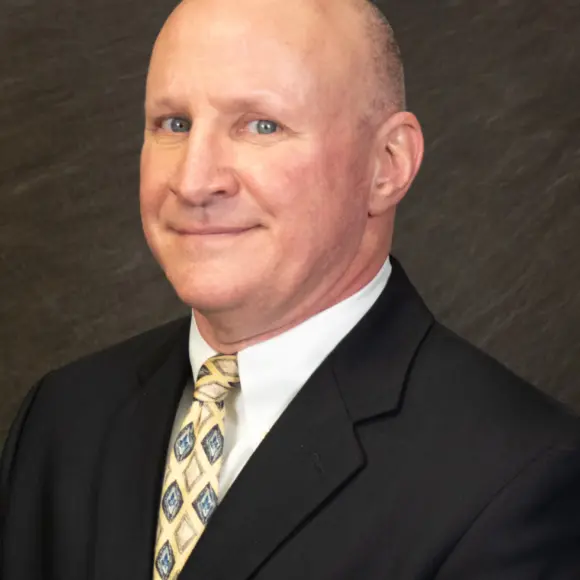
Senior Vice President & Chief Financial Officer
Accreditations

The Joint Commission, formerly known as JCAHO, is a nonprofit organization that accredits rehab organizations and programs. Founded in 1951, the Joint Commision's mission is to improve the quality of patient care and demonstrating the quality of patient care.
Joint Commission Accreditation: Yes

The National Association of Addiction Treatment Providers (NAATP) is a professional association that represents organizations in the field of addiction services. Founded in 1978, NAATP's mission is to advance addiction services and ensure that high-quality addiction treatment is available and accessible.
NAATP Member: Yes
Member ID: 10791
Contact Information
620 Dakota St
Crystal Lake IL, 60012









